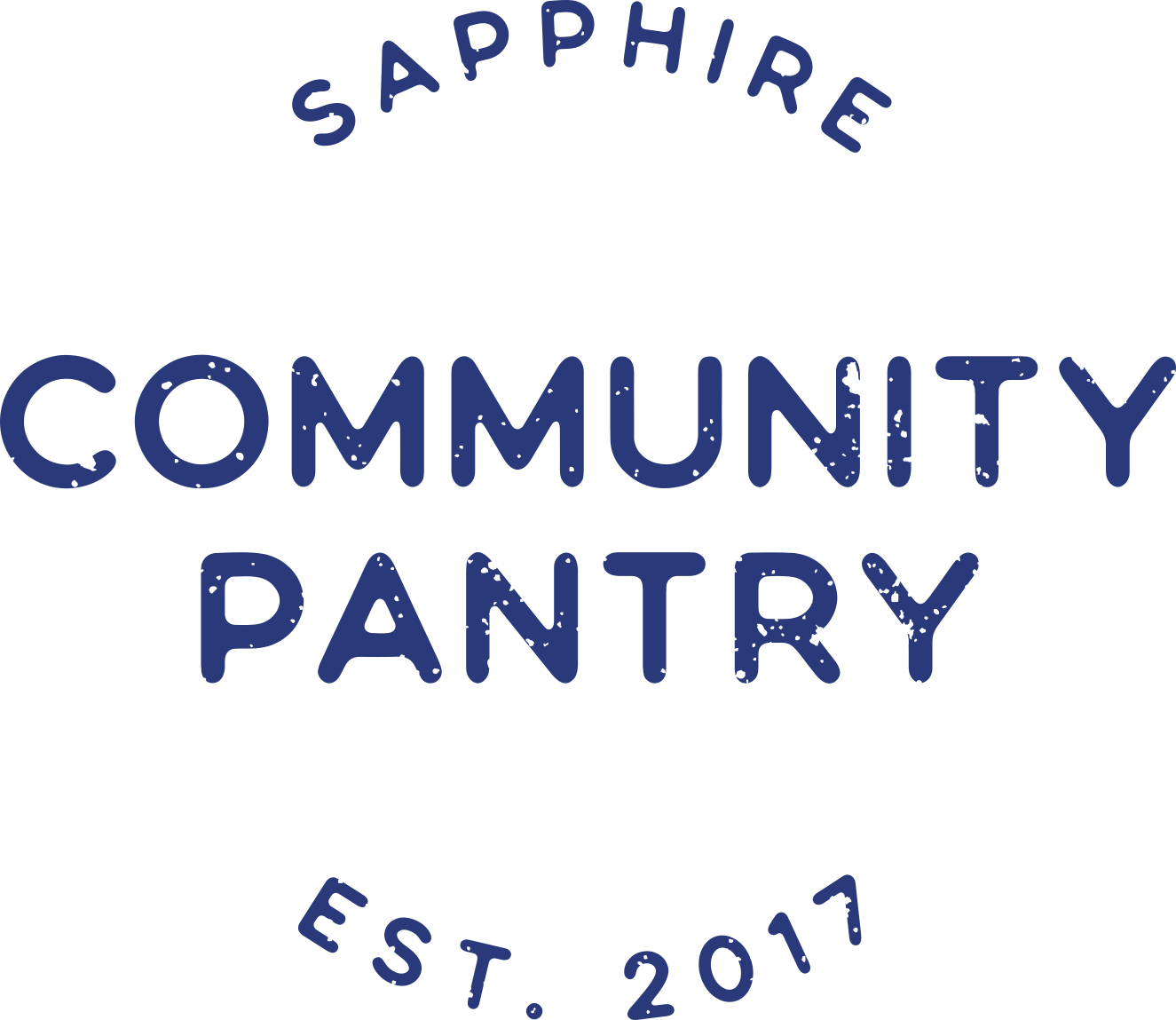
Donating food to the Pantry
When you donate surplus food instead of discarding it, this benefits your business, the community and the environment.
Food that can be donated includes:
In businesses selling meals - leftover unused portions not served to customers or clients, such
as café sandwiches or salads
excess food from markets or supermarkets
farm-grown food that does not meet supermarkets’ size or cosmetic criteria
damaged or incorrectly packaged food from food manufacturers
food past its “best before” date, provided it is not damaged, deteriorated or perished, or past
a “use by” date (unless that food has been frozen, and kept frozen on or before its “use by” date)
food that has been frozen BEFORE or ON its “use by” date, given to the recipient frozen, and the receiver of food does not have to pay for the food
The law on donating food – protection from legal action
The Civil Liability Amendment (Food Donations) Act 2005, known as the Good Samaritan Act,
protects food donors by limiting the liability of individuals and businesses that donate food,
providing they meet certain food safety conditions.
According to NSW Food Authority advice, food donors must ensure
the food is donated in good faith for a charitable or benevolent purpose
the food is safe to eat when it leaves the possession or control of the donor
the donor gives the charity any information it needs to ensure the ongoing safety of the food.
